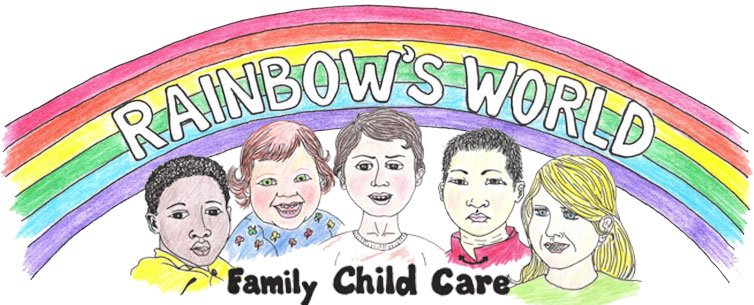The Great Escape from Poverty
Casinos have long been a beacon of hope for those struggling to make ends meet, offering a chance to escape the hardships of poverty through the allure of big wins and luxurious amenities. For many, the promise of hitting the jackpot is a siren’s call, luring them into the world of casino entertainment with promises of riches beyond their wildest dreams.
A Brief History of Casinos
The chickencrossing.net concept of casinos dates back thousands of years to ancient civilizations such as Rome and Greece, where people would gather to gamble on everything from dice games to chariot racing. However, it wasn’t until the 19th century that modern casinos began to take shape in Europe and North America. The Monte Carlo Casino in Monaco, which opened in 1863, is often credited with popularizing the concept of a luxury casino experience.
In the United States, casinos began to spring up on Indian reservations in the 1970s, providing a means for Native American tribes to generate revenue and economic development. Today, there are over 450 casinos operating across the country, generating billions of dollars in revenue each year.
The Psychology of Casino Entertainment
Casinos are designed to be engaging and addictive, leveraging psychological principles such as Pavlov’s bell and the concept of variable rewards to keep players coming back for more. The sights and sounds of flashing lights, clinking glasses, and cheers from fellow players all combine to create an immersive experience that can be both exhilarating and thrilling.
Research has shown that casinos use a range of techniques to manipulate player behavior, including:
- Loss aversion : Encouraging players to chase losses in the hopes of recouping their bets
- Variable rewards : Offering unpredictable payouts to keep players engaged and motivated
- Social influence : Creating an atmosphere of camaraderie and competition among players
The Economic Impact of Casinos
Casinos have a significant economic impact on local communities, generating revenue through:
- Gaming taxes : A percentage of gaming revenue is paid to the government in the form of taxes
- Employment opportunities : Casinos create jobs for dealers, servers, security personnel, and other staff members
- Infrastructure development : Revenue from casinos can be used to fund local infrastructure projects such as roads, schools, and healthcare facilities
However, critics argue that the economic benefits of casinos are often outweighed by the costs associated with problem gambling, including:
- Addiction : The psychological manipulation techniques used in casinos can lead to addiction and financial ruin
- Crime : Casinos have been linked to increased rates of crime such as theft, robbery, and human trafficking
- Social impact : The presence of casinos can lead to a decline in local social services and community resources
The Luxury Experience
For those who do hit the jackpot, the luxury experience offered by high-end casinos is often a once-in-a-lifetime opportunity. From private suites and personalized service to fine dining and exclusive entertainment options, these establishments offer a level of opulence and extravagance that’s hard to find elsewhere.
However, for many players, the experience is far from luxurious. The pressure to gamble more, combined with the stress of trying to make ends meet, can create a toxic environment that’s more like a nightmare than a dream come true.
The Dark Side of Casinos
For every winner there are countless losers, and the statistics on problem gambling are staggering:
- 10% of players : Engage in problematic behavior such as chasing losses or playing to cope with emotions
- 5% of players : Experience severe addiction and financial ruin
- $1 billion lost annually : The estimated cost of problem gambling in the United States alone
Casinos have long been a source of controversy, with critics arguing that they prey on vulnerable individuals and perpetuate a culture of addiction. However, proponents argue that responsible gaming practices and regulations can mitigate these risks.
Conclusion
The Great Escape from Poverty is a siren’s call that beckons us to the world of casino entertainment with promises of riches beyond our wildest dreams. While casinos do offer some economic benefits and can be a source of luxury and excitement for those who win, they also pose significant risks and challenges for those who lose.
As we move forward in an era of increasing financial uncertainty, it’s essential that we prioritize responsible gaming practices and regulations to protect vulnerable individuals and promote a healthier relationship with risk-taking. By acknowledging both the benefits and drawbacks of casino entertainment, we can work towards creating a more equitable and sustainable future for all.
